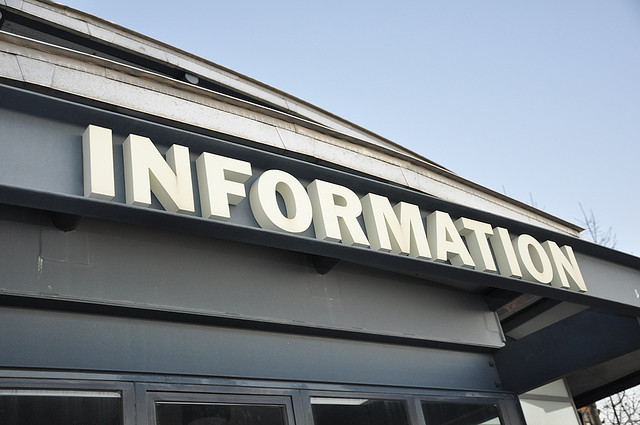In the Information Age, it’s almost quaint to use a paper dictionary. It’s so much simpler to access information almost instantaneously from one’s computer, whether from the Internet or software programs such as Microsoft Word. If you’re not yet acquainted with such resources, here are a few tips for getting started.
Remember that in MS Word, you have access to a dictionary, thesaurus, and reference books—if you’re online. To get to them, just highlight a word or phrase, and then right click and press k. Or, you can go to Tools and select Research. Then, from the Search for list, you can select a reference book or (again, if you’re connected to the Internet) a reference website.
Even if you don’t have MS Word, and you’re using some other means to write your essay, help is available. Here are some of the most useful resources:
Google:
(Well, duh.) In addition to its obvious use a premier search engine, you can find images, news, video, maps, and much more.
Answers.com:
This is a very nice, kind of all-inclusive site. You can type in a word, term, or phrase and get all the information you want. It will also offer you links to more or related information about what you’re searching for.
M-W.com
The site of Merriam-Webster (the dictionary writers). Look up any word or phrase to get the origin, pronunciation, and meaning. A thesaurus is also available.
What do you do if you don’t have Internet access? Well, you can always go to wherever you happened to see this blog, assuming you’re not just reading a printed-out version.
Seriously, though, there are some options available in case you don’t have ready Internet access. If you’re a student, your school will almost certainly have a computer lab you can use. Otherwise, the public library is a wonderful, free resource—and they even have paper dictionaries for those who want them.
